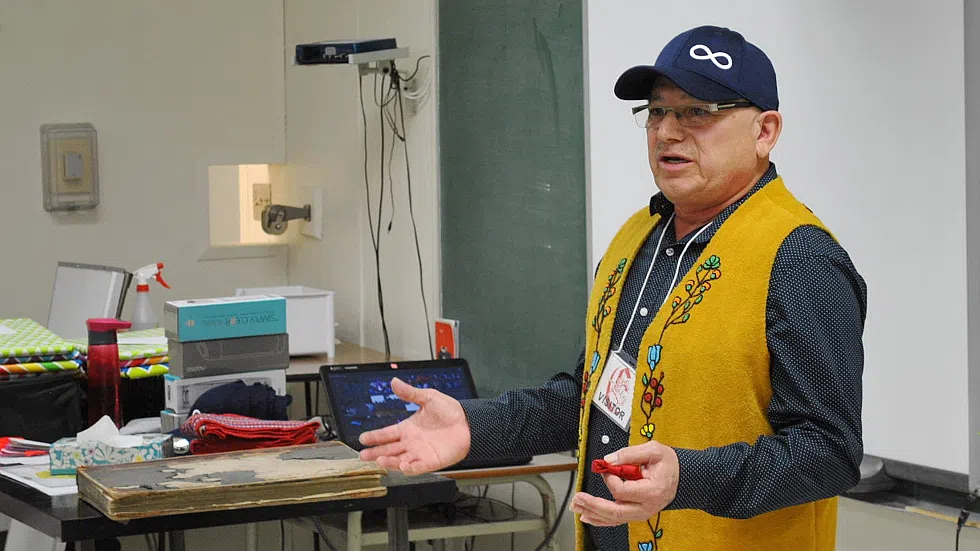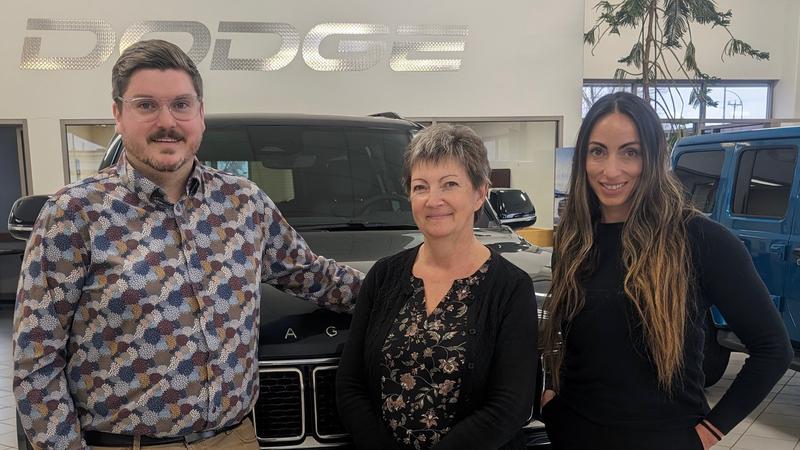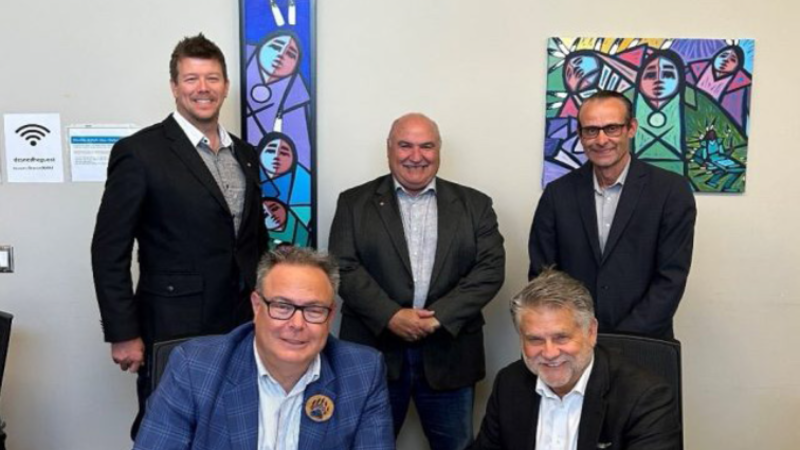
Carlton students hear from residential school survivors
Two residential school survivors spoke with students at Prince Albert’s Carlton Comprehensive High School Wednesday to conclude a special unit on reconciliation.
After studying residential schools for part of the semester, the students of Bonnie Vandale’s Alt. Ed. class heard stories from residential school survivor Maria Martin, survivor and Métis Nation of Saskatchewan President Glen McCallum, and Prince Albert Police Chief Troy Cooper. Several students also spoke about their experiences in the class and what reconciliation means to them.
Martin, who attended two residential schools in Kenora, Ont., said she was excited when she first learned she would be attending “a special school.”
“When my foster parents left, that’s when the fear set in,” Martin said. “They told me to strip and they cut my pigtails off.”


